You may have drunk fake boutique coffee. Characteristics and differences of boutique coffee
For professional baristas, please follow the coffee workshop (Wechat official account cafe_style)
The editor recently read an article that a person who has been in the profession for six or seven years is now an "expert" working in a well-known coffee roasting organization in China under the sign of "boutique coffee." unexpectedly, he can't even explain to the guests what "boutique coffee" is. It is even renamed "special coffee" directly according to Baidu translation.
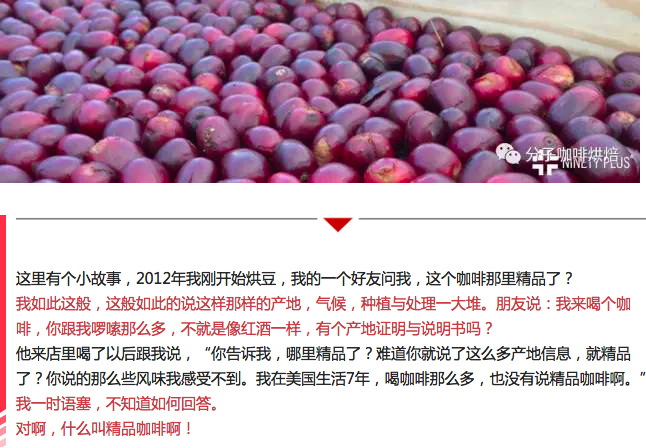
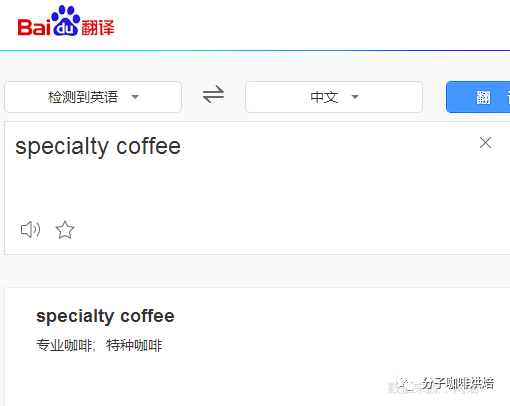
The whole article of "expert" has been shouting: stop talking about boutique coffee.
Apart from being amused, I can't help but feel a little disappointed with the so-called "senior people" and "people in the industry".
Of course, there has never been an accurate definition of "boutique coffee" itself. Even Mr. Taguchi, a Japanese coffee god, said directly in the Collection of Fine Coffee by Taguchi: instead of causing a lot of controversy after the definition, it is better to remain vague and can be explained at will, and everyone will naturally understand.
However, does the absence of a standard and unified definition mean that everyone can define it at will?
Of course. No.
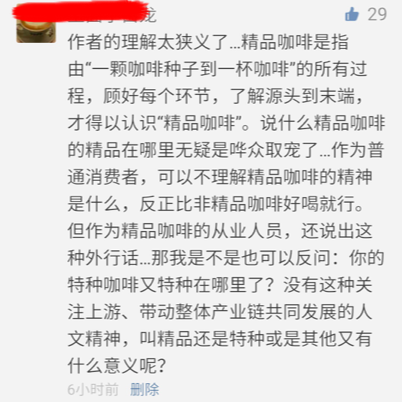
The earliest definition of "boutique coffee"
Boutique coffee (Specialty Coffee) was first defined in 1974 by its godmother, Erna Knutsen: "coffee beans with unique flavor are produced under special geographical conditions and microclimate."
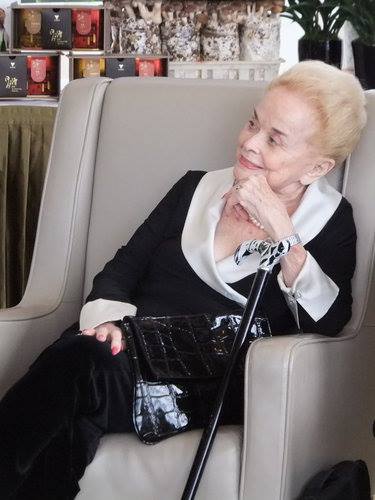
Boutique Coffee Godmother-Erna Nusen (Erna Knutsen)
Simply look at the most primitive definition of "boutique coffee" and you may get the same doubts as the "expert":
"
Isn't it supposed to be called special coffee? The coffee beans with unique flavor cultivated under special climate and geographical conditions should be called special coffee.
A fine hammer? Where did the translation of boutique coffee come from?
"
No, no.
SCAA's definition of "boutique coffee"
Later, the scope of SCAA's definition of "boutique coffee" pushed the entire production chain like never before:
Boutique coffee is completed by the five people who pursue quality all their lives. From beginning to end, these people maintain a consistent standard of excellence to ensure quality, and as a priority, all participants can work together. They can't do without! They include "coffee farmers", "raw bean buyers", "bakers", "baristas" and "consumers". In the overall cycle from production to consumption, we work together to achieve the true meaning of boutique coffee.
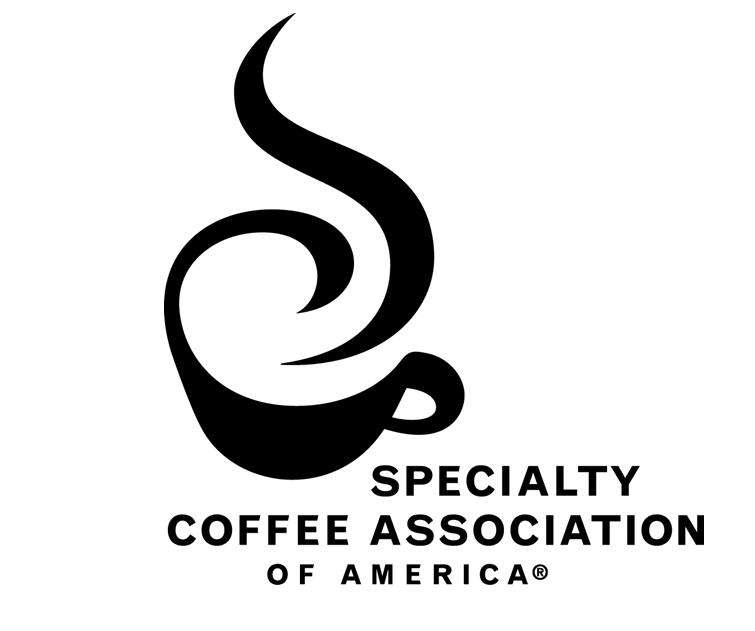
Coffee farmers: carefully select the most suitable varieties, planted in the altitude, climate and soil and water environment that are most conducive to the development of coffee flavor.
Raw bean merchants: careful washing and sun processing, select the most advanced raw beans without defects, and deliver them to customers with zero defects in the transportation process.
Baker: after the baker's superb craftsmanship, it leads to the richest flavor of the region.
Barista: and then use the recognized extraction method to make delicious coffee.
Consumers: pursue not only the highest standards of coffee quality and flavor, but also the excellence of each role in the boutique coffee production process.
Definition of "boutique coffee" in other countries
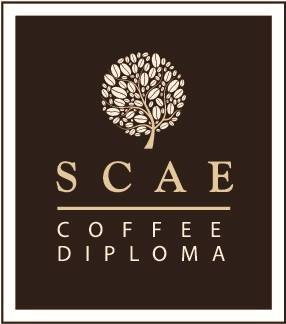
European Fine Coffee Association SCAE:
Boutique coffee is [after consumers drink, give carefully carved high-quality coffee evaluation], this cup of coffee will have a unique quality and outstanding flavor, different from the general coffee available everywhere, European boutique coffee admits that the market supply of boutique coffee has its limitations, it does not belong to the coffee service that can be consumed everywhere, but with the highest standard of raw beans through superb baking technology. All raw beans and cooked beans adopt high-standard storage specifications, and then brew high-quality coffee with high-standard brewing technology.
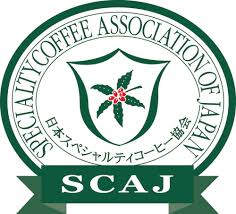
SCAJ, Japan Fine Coffee Association
Boutique coffee is [consumers drink coffee with excellent flavor, willing to give good comments, and consumers are satisfied]; the definition of excellent flavor means that the coffee flavor can leave a clear impression, sour, bright, crisp and special, and the coffee has a sweet aftertaste. As for coffee itself, all stages from raw beans to a cup of coffee can implement consistent and strict production procedures, unified procedures and strict quality management. Only coffee that meets the above conditions belongs to high-quality coffee.
"Fine Coffee"-- from seed to Cup
SCAJ focuses on "the flavor characteristics of the liquid in the cup", while the American Fine Coffee Association (SCAA) advocates that the evaluation object should be "raw coffee beans". On the other hand, the European Fine Coffee Association (SCAE) advocates that the "coffee liquid" of the coffee base should be evaluated.
However, there is still a consensus among countries that several obstacles must be overcome in order to gain the title of "boutique coffee". One of the conditions is that traceability (Traceability) should be clear. That is, the "production resume" must be clear, which can track which coffee beans are produced in which country, which region and which coffee garden.
From the definition of boutique coffee by the three major boutique coffee associations in the world, we can find that fine coffee refers to all the processes from "one coffee seed to a cup of coffee". Only by taking good care of every link and understanding the source to the end can we understand "boutique coffee".
Unfair "fair trade"
Some people may think it's a bit outrageous: the quality of life of all people engaged in coffee is also included in the scope of boutique coffee. It is a bit strange to associate their quality of life with the flavor of coffee.
This is because, before the third wave of fine coffee, the information and resources of the upstream and downstream of the coffee industry are not equal. Even if there are mechanisms such as fair trade and direct trade, coffee farmers are still exploited and their living conditions are still not guaranteed. It is naturally impossible to improve the planting environment, improve the quality of raw beans, study excellent varieties, and so on. In the long run, regardless of the living conditions of the upstream, it is not a long-term solution to blindly regard "coffee" as a commodity and simply pursue the so-called "special geographical conditions and microclimate to produce coffee beans with unique flavor."

Although the intention of Fairtrade coffee is good, Fairtrade is gradually losing its effectiveness and cannot actually help the poor.
On the other hand, the humanistic spirit of "boutique coffee" lies in "direct trading", replacing the "fair trade" system with "direct trading". Bakers go to various producing areas to find good beans, so as to help farmers understand the quality requirements of the boutique market. and then improve the quality, with a better price, direct trading, form a positive interaction between the producing area and the consumer country, and promote the relationship between upstream and downstream.
The elements of the third wave of boutique coffee

The third wave of coffee, that is, the concept of "boutique coffee", which pays attention to "from seed to cup", should be inherited into China by Taiwan and Japan at the earliest. Han Huaizong, a master of coffee in Taiwan, mentioned in "Fine Coffee." there are six elements in the third wave of boutique coffee:
1. Pay attention to the taste of region: discuss the taste of different regions with more specific producing areas, manors, latitudes, elevations, treatments, microclimates and varieties.
2, avoid heavy baking on light baking: reduce the degree of baking, to shallow baking, interpretation of fine beans bright and lively sour perfume fruit tone.
3. Pay attention to the treatment of low pollution: no longer stick to the dogma of giving priority to washing beans with water, improve it into a treatment method that does not require water consumption, expand the diversity of coffee flavor spectrum, protect the environment and sustainable management.
4. Filter black coffee has become the mainstream: promote the original black coffee without sugar and milk, and use follicular utensils to let the coffee speak on its own.
5. Direct baking plant of origin: replace the "fair trade" system with "direct transaction". Bakers go to various producing areas to find good beans to help farmers understand the quality requirements of the boutique market, and then improve the quality, so as to trade directly at a better price. Form a positive interaction between the producing area and the consumer country, and promote the relationship between upstream and downstream.
6. scientific interpretation of coffee aesthetics: regard coffee as an aesthetics, and attach importance to the scientific research of seed selection, cultivation, treatment, cup test, roasting, extraction, concentration and extraction rate.
Last
According to the "expert", "boutique coffee" should be translated directly from Specialty Coffee to "special coffee" according to Baidu translation. Is Duniang's feasibility and professionalism really that high?
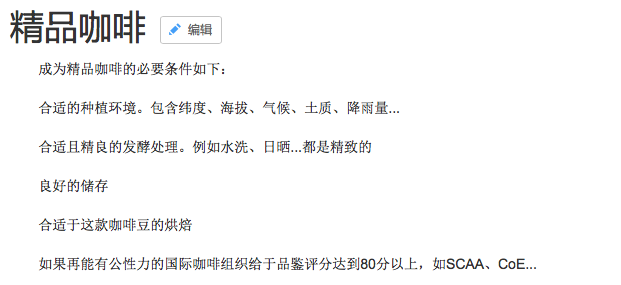
Is the concept of boutique coffee so simple?
I can't help but be disappointed. Is it just for the convenience of explaining to the guests that as long as we use the easy-to-understand names such as "special" and "advanced", we will avoid the curiosity of the guests and simply bake, brew and sell coffee? then collect the money and collect the file. Is "boutique coffee" really just "coffee"? Is "boutique coffee" only that superficial in the eyes of "experts"? Or is it even too lazy to look up the information and check the kung fu of the article?

No, I'm not with him!
If your customer asks you the boutique coffee, where is the boutique? Please just dump this article. Don't fool around with "special coffee".
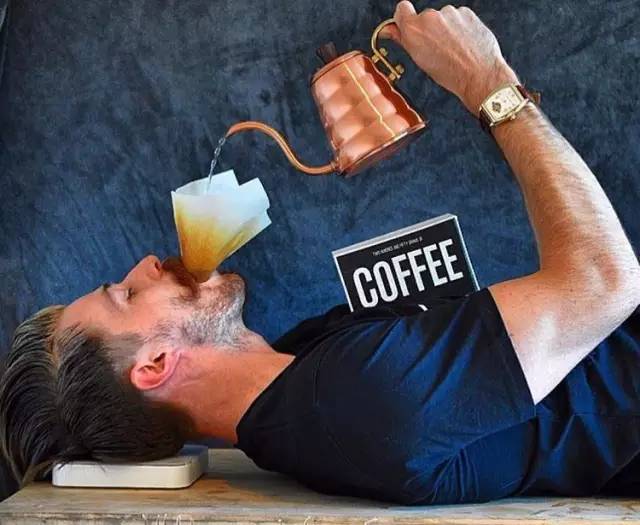
Important Notice :
前街咖啡 FrontStreet Coffee has moved to new addredd:
FrontStreet Coffee Address: 315,Donghua East Road,GuangZhou
Tel:020 38364473
- Prev
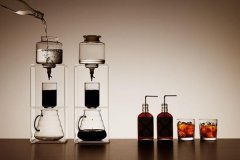
Ice drop coffee vs iced coffee taste is quite different.
Professional baristas Please follow the Coffee Workshop (official Wechat account cafe_style) as the number of coffee lovers continues to rise, the demand for coffee quality is also increasing. In Hong Kong, where the weather is very hot, it really doesn't taste like hurrying workers to walk around with hot coffee. They would rather choose a cup of high-quality frozen coffee in the sultry mornings and afternoons.
- Next
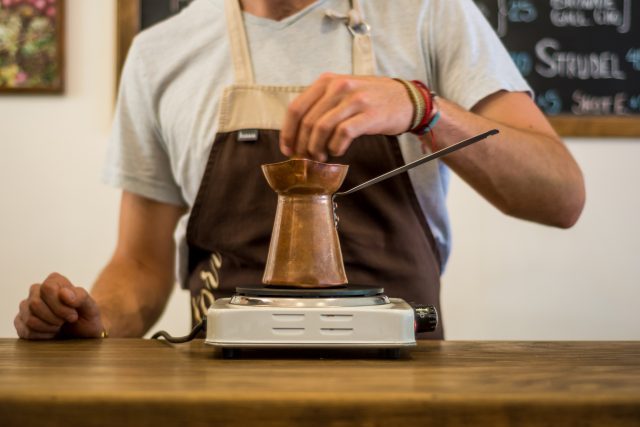
Comparison of coffee brewing methods: how to make coffee at home?
Communication of professional baristas follow the coffee workshop (official Wechat account cafe_style) would you like to enjoy a cup of homemade coffee quietly at home? Have you found the ideal cooking equipment? Each instrument has its own unique style and performance, and the difficulty is different. Just like finding a coffee bean you like, you may need to keep trying and comparing.
Related
- Beginners will see the "Coffee pull flower" guide!
- What is the difference between ice blog purified milk and ordinary milk coffee?
- Why is the Philippines the largest producer of crops in Liberia?
- For coffee extraction, should the fine powder be retained?
- How does extracted espresso fill pressed powder? How much strength does it take to press the powder?
- How to make jasmine cold extract coffee? Is the jasmine + latte good?
- Will this little toy really make the coffee taste better? How does Lily Drip affect coffee extraction?
- Will the action of slapping the filter cup also affect coffee extraction?
- What's the difference between powder-to-water ratio and powder-to-liquid ratio?
- What is the Ethiopian local species? What does it have to do with Heirloom native species?

